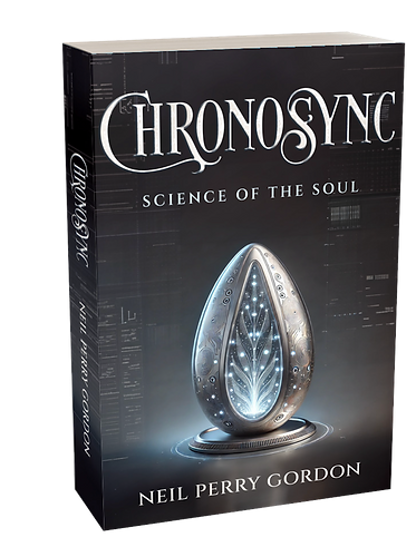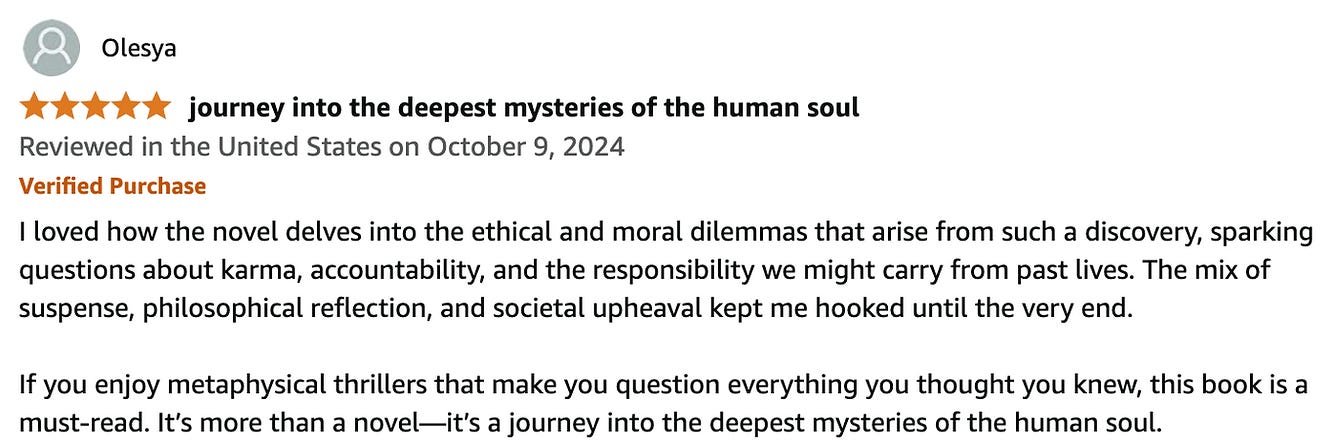These are the badges we pin on the day we’re born—and the flags we often defend until the day we die.
But sometimes I wonder if we’re mistaking the costume for the actor.
In a past Substack post Soul-Line vs Blood-Line, I shared my belief that we live between two stories: Bloodline, the lineage written in our DNA, and Soul-line, the lineage that unfolds across many lifetimes.
If the Soul-line is real—if we truly are souls moving through one body after another—then how much do these categories we cling to actually matter?
The Soul Behind the Labels
Imagine for a moment that you’ve lived not just one life, but dozens.
Perhaps you were born a woman in this life and a man in the last.
An American now, a Persian merchant centuries ago.
Kneeling in a cathedral in the Middle Ages, chanting Sanskrit hymns a thousand years before that.
Same soul, new body.
Same consciousness, different century.
If this is true, then every category we use to define ourselves becomes less rigid:
Nationality? You may have already worn half the world’s flags.
Religion? You might have once prayed in mosques, temples, synagogues, and churches.
Race and tribe? Merely pigments in the vast palette your soul has painted through time.
Why We Cling to Categories
We hold tight to categories because they help us feel anchored. They tell us who we are, where we fit, and who stands on the other side of the line. Especially in uncertain times, labels can feel like solid ground beneath our feet.
However, there’s a hidden cost to defining ourselves solely by these boundaries. We risk forgetting that beneath the surface, we may have been one another countless times before.
When we remember that possibility, something shifts.
Empathy grows.
A rival begins to look like a relative. A stranger feels like an old friend. And bitter divides soften into genuine curiosity.
Wishing for a Map of Our Soul-line
Sometimes, I wish we had a way to trace our Soul-line as clearly as we trace our Bloodline through DNA tests.
Imagine a report that didn’t just tell you your ethnic breakdown but revealed glimpses of the lives you’ve lived before:
The lands your feet once walked.
The names you once answered to.
The faiths you held close, the faces you once loved.
What would that kind of knowledge do to the labels we defend so fiercely?
What grudges might melt away if we discovered our enemy today was once our sibling, our child, or our parent in another life?
What If We Taught This to Our Children?
Imagine a world where ancestry reports offered two trees:
Bloodline — the genetic trunk that grounds you in a family, a nation, a culture.
Soul-line — the hidden root system stretching across millennia, connecting you to every culture, every body, every faith.
What would it do to our politics? Our prejudices? Our fears?
I’m not suggesting we abandon all human identities. Costumes matter. They give each life its stakes, its lessons. But maybe we can wear them more lightly.
Holding the Costume, Honoring the Actor
Next time you feel the pull to defend your label—your tribe, your team, your belief—try to imagine the person on the other side. Imagine you were once them. You might be again.
Because if we are souls moving from lifetime to lifetime, everything we think divides us is temporary.
Bloodline builds the stage. Soul-line writes the story.
And that story is far bigger than any category we invent.
Your Turn
Do you ever wish you could glimpse your own Soul-line? How might our world change if we saw each other as fellow travelers across time?
I’d love to hear your thoughts. Just hit reply or leave a comment below.
CHRONOSYNC
Science of the Soul
What happens when we die?
In a bold convergence of science and spirituality, Dr. Adrienne Wallace’s revolutionary invention, ChronoSync, unlocks the secrets of the soul’s journey, answering humanity’s greatest question: what happens when we die? This groundbreaking technology decodes hidden patterns within human DNA, delivering irrefutable proof of past lives and forever changing our understanding of existence.
As ChronoSync’s truth ripples across the globe, it sends shock waves through science, religion, and society. Yet, with discovery comes peril as it ignites ethical dilemmas, theological crises, and political power plays. Society grapples with new moral frontiers—karma, accountability, and the haunting question of whether we are truly responsible for the actions of our past life.
ChronoSync: Science of the Soul isn’t just a novel—it’s an invitation to explore the deepest mysteries of existence.
Perfect for fans of metaphysical thrillers, this story will captivate your mind, touch your heart, and leave you questioning everything you thought you knew. Are you ready to discover what lies beyond?
















